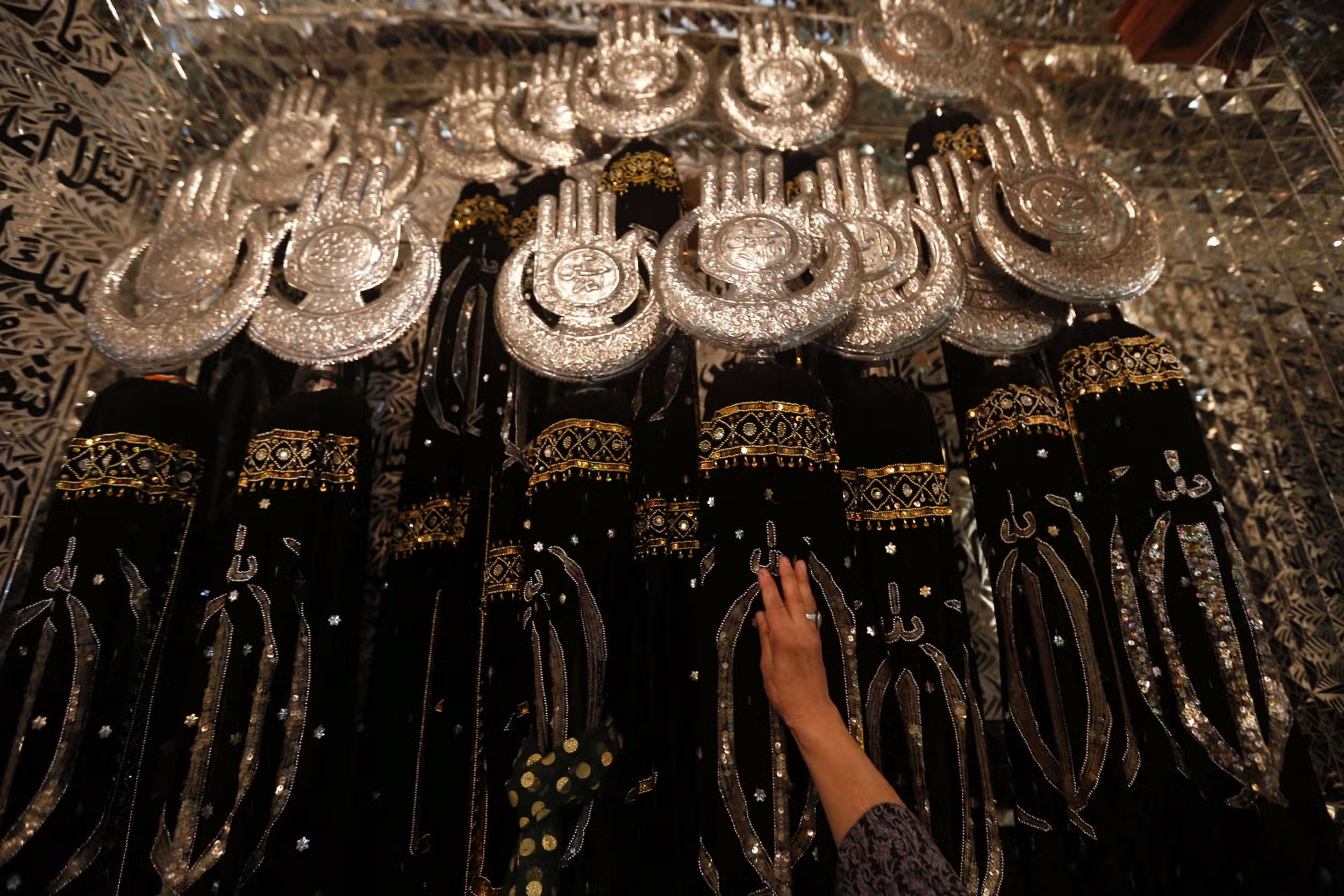Muslims around the world recently celebrated the start of the Hijri New Year, also known as the Islamic New Year.
Unlike the Gregorian calendar that most Christian religions follow, the Islamic New Year aligns with the phases of the moon, meaning its dates may sometimes change.
The first day of the latest new year was July 7, marking the beginning of an important month in the Islamic calendar known as Muharram.
Muharram, seen as a time of reflection and prayer, is a period of significance for Muslims worldwide and a lot of historical events have been tied to this period.
During Muharram, fighting or war is strictly forbidden.
Certain days during Muharram hold specific religious significance to those who practice Islam, with some Muslims choosing to fast during some parts of the month.
The 10th day of Muharram is known as Ashura and takes on added significance, particularly for Shia Muslims. This year, most practicing Muslims will mark Ashura on July 16 or July 17, depending on where they are in the world.
Here’s everything you need to know about the Islamic New Year, including when it is and how it’s commemorated:
What is Muharram?
The arrival of the new moon at sunset marks the beginning of the Islamic New Year.
For many Muslims, the Islamic New Year symbolises non-violence and reflection. It's common for Muslims to try to avoid negativity during this time in order to promote peace.
For Shia Muslims, it's also a period of mourning as they commemorate the martyrdom of Imam Hussain, the son of Hazrat Ali and the grandson of Prophet Muhammad.
When is the Islamic New Year?

Read More
The month of Muharram begins with the sighting of the new moon at sunset, which occurs on the final day of Dhu al-Hijjah, the last month of the Islamic calendar.
This year, Muharram began on July 7.
How do people commemorate Muharram?

Many people use it as a period of self-reflection, with prayers and fasting leading up to commemorating Muharram's 10th day, Ashura, when Muslims remember the Karbala massacre.
Shia Muslims may practise chest beating and cutting their foreheads - a form of self-flagellation in remembrance of the martyrdom of Imam Hussain.
Sunni Muslims regard Ashura as day of respect in the name of the Prophet Moses but do not participate in the ritual.
Disclaimer: The copyright of this article belongs to the original author. Reposting this article is solely for the purpose of information dissemination and does not constitute any investment advice. If there is any infringement, please contact us immediately. We will make corrections or deletions as necessary. Thank you.



